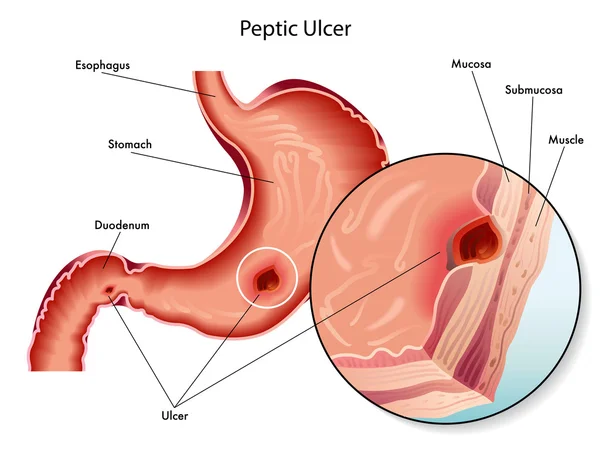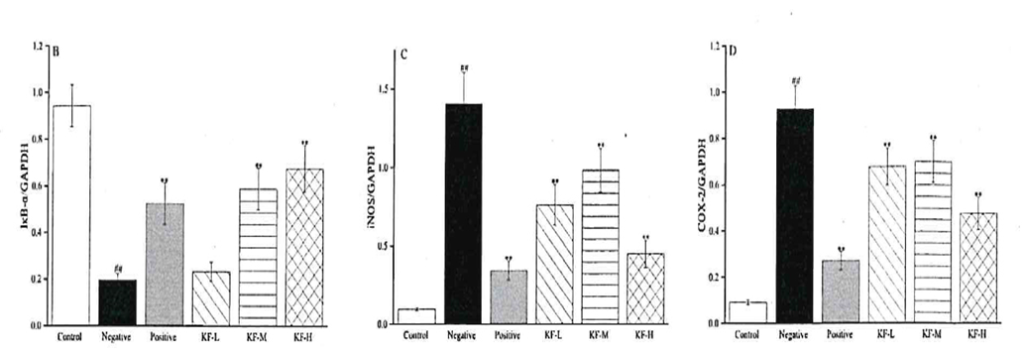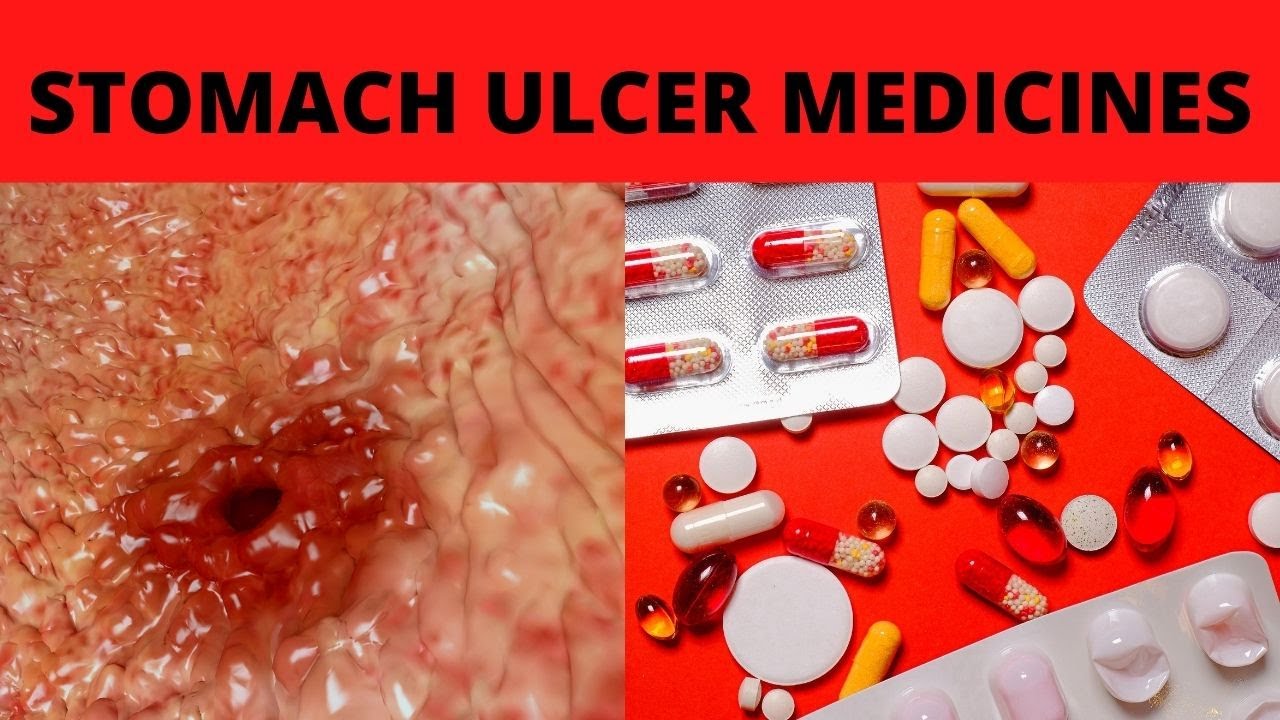Gastric ulcer is one of the common diseases in which the mucous membrane of the stomach is ulcerated, and the stomach wall is damaged. When the condition gets worse, the stomach wall may form a hole, leading to even severe health problems. An ulcer is caused by an imbalance in the secretion volume between the mucous membrane that protects the gastric juice and the stomach wall. The majority is caused by Helicobacter pylori and side effects of non-steroidal anti-inflammatory drugs, which are analgesic and antipyretic agents.

The functional deterioration of the gastric mucosa caused by stress causes gastric ulcers. In addition, people who have atrophic gastritis may experience intense nausea and loss of appetite. They may have dark hematemesis or black stool mixed with blood as the symptoms progress. Perforation may cause the stomach’s contents to ooze out into the abdominal cavity, causing peritonitis.
Hence, it is necessary to protect the gastric mucosa daily. As you know, fucoidan has various physiological activities and is a functional food ingredient. In this blog, I would like to inform you about the gastric protective effect of fucoidan and based on the research content by Yue Hu et al.,” Gastric protective activities of fucoidan from brown alga Kjellmaniella crassifolia through the NF-kB signaling pathway.” They investigated the gastric mucosal protective effect and its mechanism of action in rats of aspirin-induced gastric ulcer model of fucoidan extracted from Kjeilmaniella crassifolia.
The study showed the gastric mucosal protective effect and its mechanism of action in rats of aspirin-induced gastric ulcer model of fucoidan extracted from Kjeilmaniella crassifolia.
First, fucoidan used in the test was extracted and purified from Gagomekonbu, collected from Lvshunkou, Dalian, China. They divided the 72 rats into six groups of 12 rats each. The control group is used saline only, and the negative control group is used saline and aspirin. The positive group is used the gastric ulcer therapeutic agent omeprazole and aspirin. And in the KF-L group, KF-M group, and KF-H group, and aspirin were orally administrated each100 mg / kg / day, 300 mg / kg / day, 500 mg / kg / day intragastrically.
Fucoidan was administered for ten days, and aspirin was administered 4 hours before the analysis to develop gastric ulcers and analysis after fasting. From gastric pH (acidification) caused by aspirin was alleviated in the fucoidan group, confirming the preventive effect of fucoidan on gastric ulcers (Fig. 1). Therefore, when the cytokines related to the inflammatory damage of the stomach, which is the main cause of the gastric ulcer, were analyzed. The blood levels of the inflammatory cytokines TNF-α and IL-6 were significantly reduced in the fucoidan group, while the inflammatory inhibitory cytokine IL-10 was significantly increasing (Fig. 2).
Next, we analyzed the expression level of proteins involved in inflammation suppression and investigated the mechanism of anti-inflammatory action. It is known that activation of the transcription factor NF-kB is crucial when an inflammatory reaction occurs. Analysis revealed that the fucoidan group had increased expression of IkB-α, which is involved in NF-kB inactivation, which reduced the expression of iNOS, an indicator of inflammation, and his COX-2 (Fig. 3). These studies establish that fucoidan protects the stomach from inflammation through inhibiting the NF-kB signaling pathway and effectively against gastric ulcers. Further application of fucoidan’s anti-inflammatory effect is expected in the future.

Fig. 1) Mitigation of the gastric condition by fucoidan

Fig. 2) Action of fucoidan on cytokines

Fig. 3) Effect of fucoidan on the expression of inflammation-related proteins
